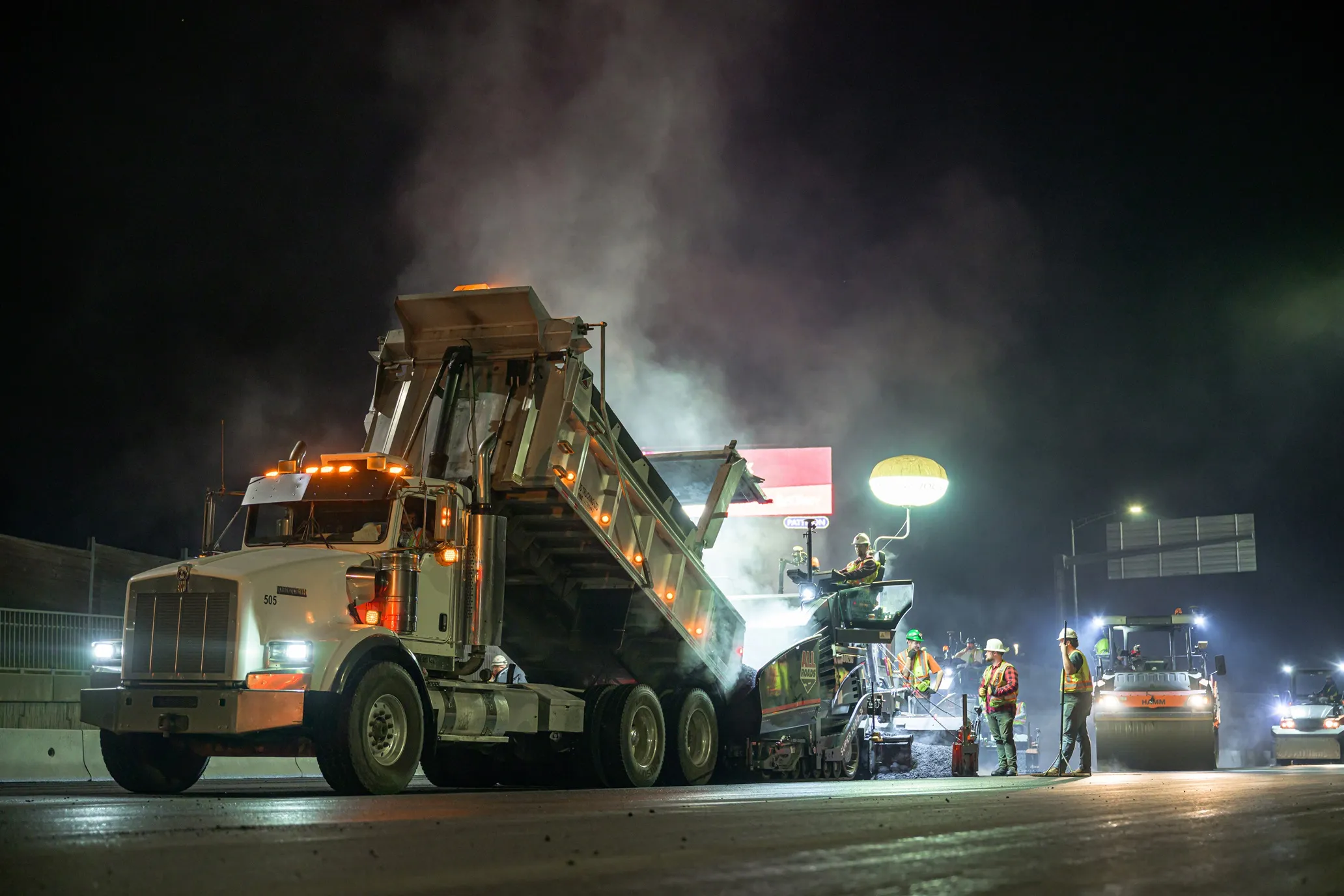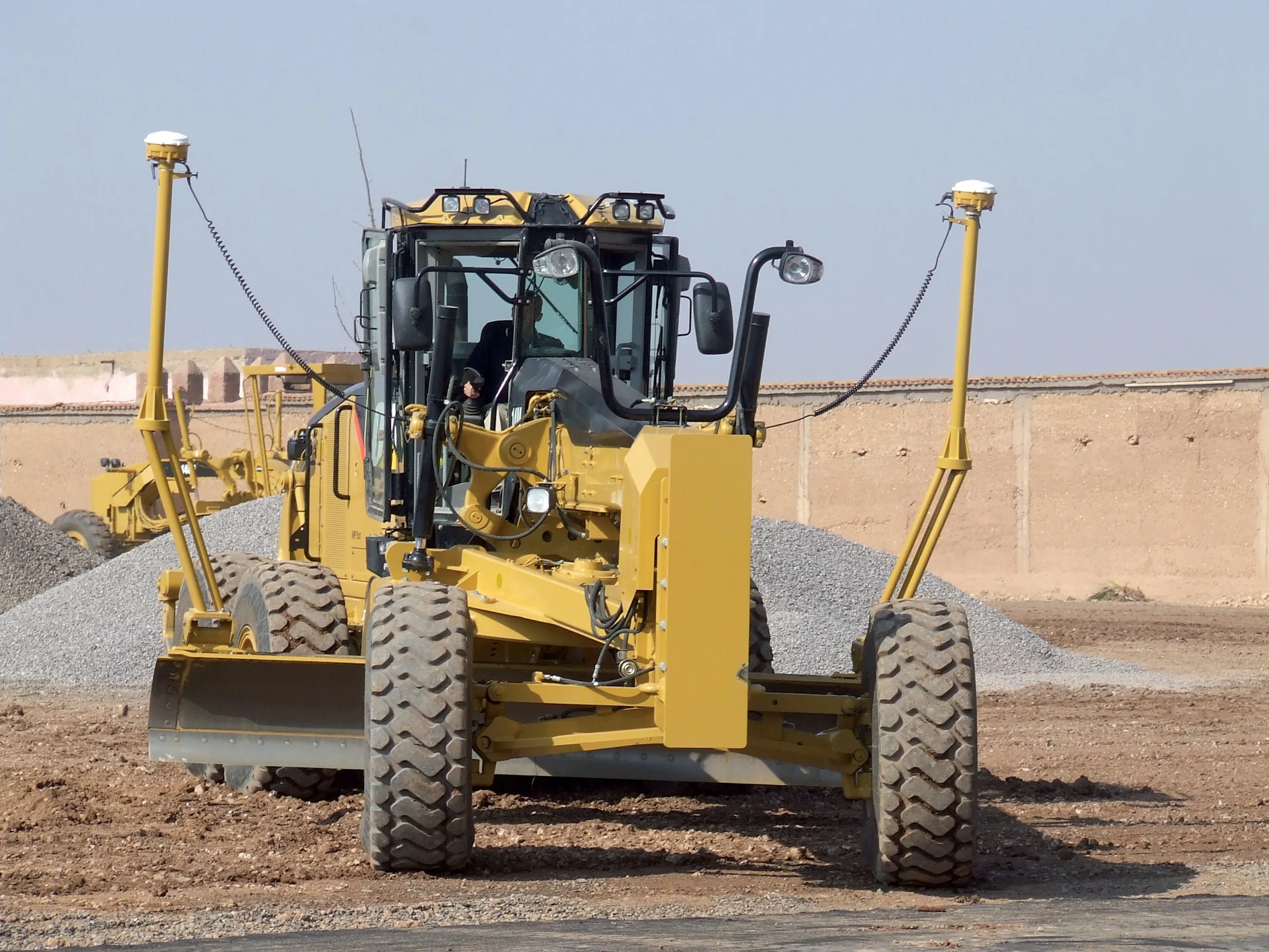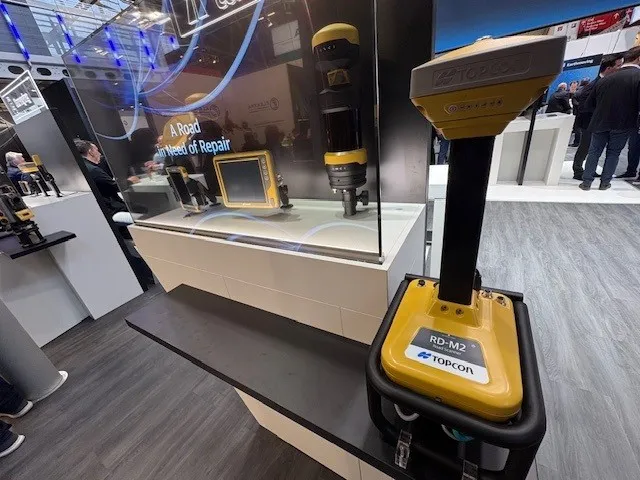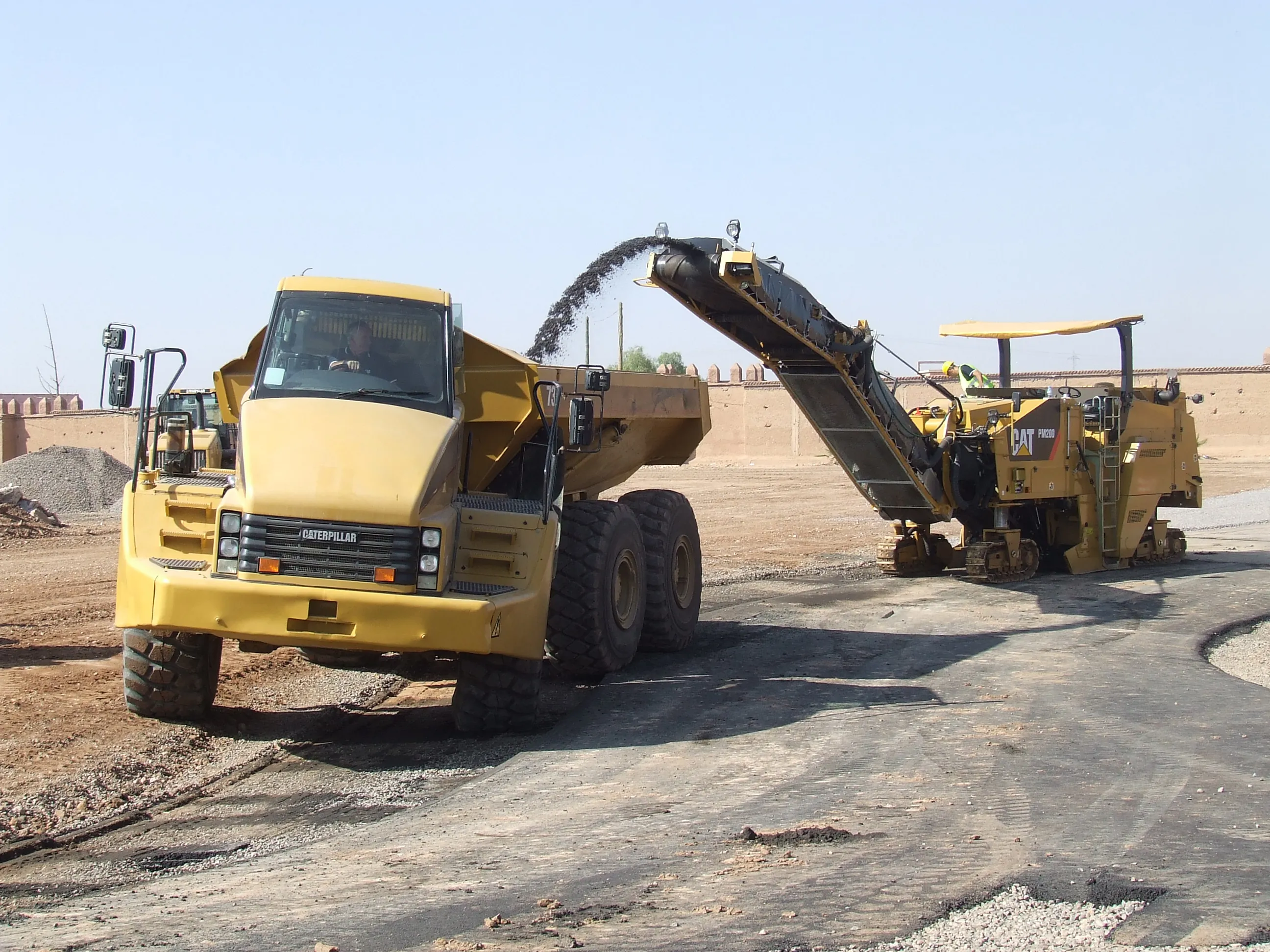
Highways and other major infrastructure projects are crucial to building robust economies and prosperous communities. But while some countries push ahead with large projects to improve transport and stimulate economic growth, persisting high inflation is causing others to put theirs on hold. One constant, however, is high bar when it comes to the efficiency, collaboration and connectivity required from contractors. Digital, data-driven workflows are crucial to delivering all three for business.
There has always been an imperative to work fast when it comes to roadworks. Road closures are expensive and disruptive, and delivering work quickly and accurately is nothing new for contractors. Add to that a requirement for sustainable workflows and there is huge emphasis on achieving leaner projects with little to no waste on costs, time, or materials.
It means every stage of the project is under the microscope, and contractors are expected to be able to account for the cost and carbon impact of their work in detail. These pressures are part of the reason that many firms are scaling up the use of digital technologies. However, many still overlook the value of digital workflows in reducing waste and enabling collaboration across different teams and even different contractors.
The added accuracy and efficiency offered by machine control is just one factor when it comes to the value of precision technology. By expanding to full digital workflows for asphalt paving, such as SmoothRide by Topcon, contractors can access thousands of data points at each stage of a job. This allows project managers to view the breadth of the project and also zoom in to examine a single task in detail.
Whether it is working towards net zero, or looking after material, fuel and time usage, connected digital workflows bring relevant data together to allow different jobs to support one another. For example, a precise understanding of material requirements – alongside the need for less, if any, rework – helps bring down emissions from deliveries.
There is even more value to be unlocked when it comes to sustainability and reporting. A firm’s sustainability commitments rely on its ability to measure its current emissions and reduce them. Pulling together this data into a report, whether it is for regulators, investors, or tender applications, is made much easier when operational data is gathered by precision technology then amalgamated by digital workflow software.
For the regions where large-scale infrastructure contracts are being awarded, joint ventures are common, putting the emphasis on the ability for different contractors, or even different countries, to work together.
On these projects, the points where a handover is carried out between firms is often where inefficiencies, inaccuracies and delays can happen. The value of digital-first workflows for smoothing this process cannot be overestimated. It means being able to provide hundreds and thousands of data points, alongside detailed digital plans that future teams can refer to at any point in the build. The latest systems make this process easier than ever, with intuitive and highly compatible software packages that mean the data the new team receives does not require hours of work before the crucial information can be extracted.
The bottom line is that construction, and highways projects in particular, cannot afford to pass up this opportunity to work smarter, more sustainably, and more collaboratively. Precision technology is not just about increasing efficiency and accuracy on individual jobs. This is of course a key benefit, one that will help the industry deliver faster and better end products, but the overall boost for the industry is far larger than the sum of its parts. Implemented broadly and effectively, the industry will wonder how it ever worked without precision technology and digital workflows.








